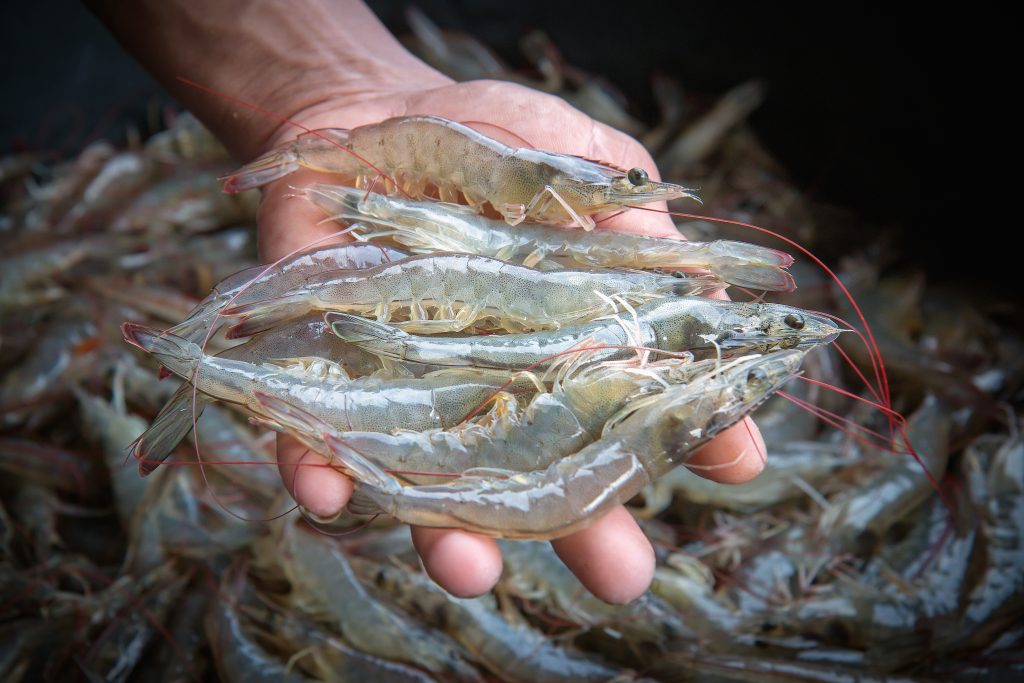
News
Industry update
Research
Sustainability
UK researchers use renewable energy in shrimp farming
April 26, 2022 By Nestor Arellano
 Photo: Weerasreesam/Adobe Stock
Photo: Weerasreesam/Adobe Stock Researchers in the United Kingdom have teamed up with aquaculture industry partners in a pioneering project which aims to tap renewable energy technology to raise shrimp sustainably.
The project is led by experts from the University of Exeter in partnership with the University of Reading and Rothamsted Research. It also includes 11 industrial partners including Sainsbury’s, Lyons Seafoods and Ixora Energy Ltd. The project has received £2 million from UK Research and Innovation (UKRI), as part of its Transforming UK Food Systems Strategic Priorities Fund (SPF) Programme.
The project is called “Transformational blueprint for a blue economy on UK terrestrial farms: integrating sustainable shrimp production in a changing agricultural landscape.” It will be led by Professor Rod Wilson from Exeter’s Biosciences department, with co-investigators including Professor Ian Bateman OBE from Exeter’s Land, Environment, Economics and Policy (LEEP) institute.
The researchers plan to co-locate shrimp farming with renewable energy sources across a number of existing anaerobic digestor (AD) plants in the UK.
The team believe that if just 20 per cent of the UK’s current AD plants were adapted for shrimp farming, they could introduce 960 shrimp production units and harvest 5,520 tons of shrimp per year – around 25 per cent of current UK warm water shrimp imports.
“In the UK we already love eating shrimp (king prawns) as a healthy, high quality and tasty seafood,” said Wilson. “This project aims to transform practices on UK terrestrial farms to encourage the integration of home-grown, indoor shrimp production alongside anaerobic digestors (AD) that use farm waste to make renewable energy. These AD also generate a lot of heat which is otherwise wasted, but tropical king prawn farms can utilize this heat to make their production cost-effective in the UK. This simultaneously means we will have better control over both their nutritional quality and the environmental impact of their production.”
The project seeks to introduce a risk-free, healthier and sustainable supply chain for consumers by helping to expand this model of production across the UK. and encourage land-based shrimp farms to carry out practices that directly benefit the environment and human health.
The project will also generate data to evaluate the true potential of sustainable UK shrimp production using renewable energy technology, as well as providing this shrimp industry with the necessary world-class scientific support.
Shrimp is a healthy seafood with high protein, low calories, rich in vitamins, minerals, antioxidants and omega-3 fatty acids. However, traditional production methods used overseas are not only vulnerable to climate/disease crises, but often use environmentally unsustainable practices – including destroying up to 80 per cent of nearby mangrove forests that are important in removing huge amounts of CO2, according to the University of Exeter.
Some production methods can lead to local biodiversity problems as well as the shrimp containing residues that can cause human health issues.
Print this page